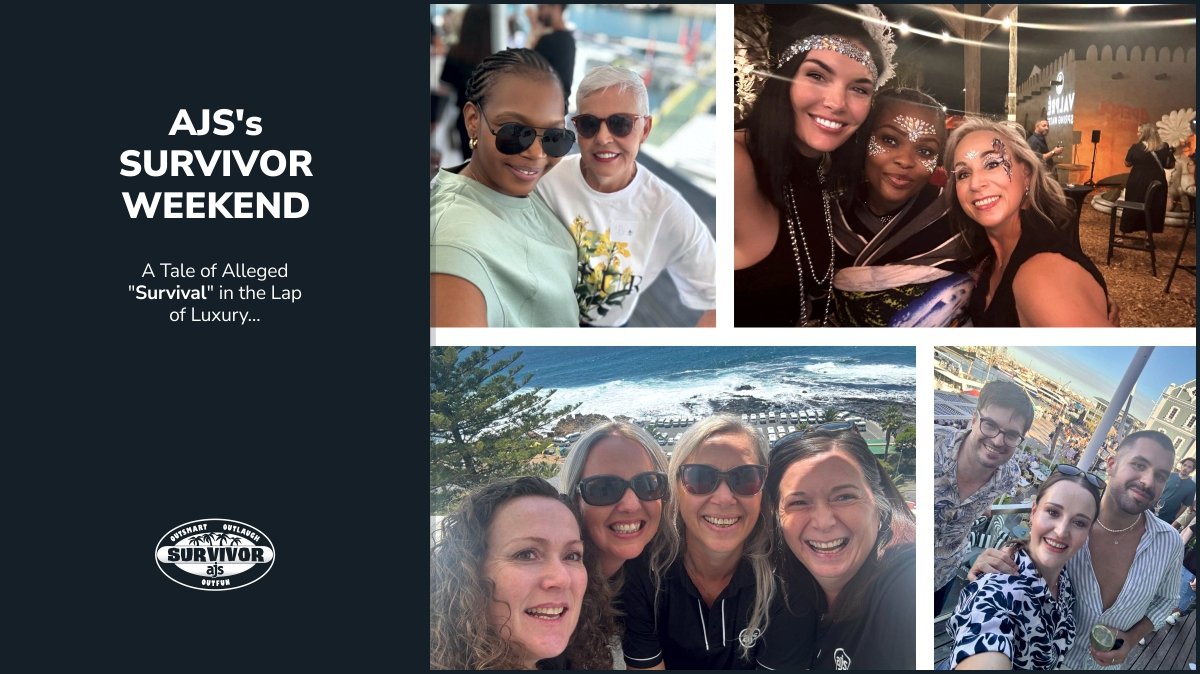
7 Habits of Highly Effective Lawyers
We have all heard of the self-help book “7 Habits of Highly Effective People” written by Franklin Covey, and those of us that are prized type A personalities can most assuredly count it as one of the books on our shelves – read and highlighted with notes in the margins. Perhaps we were gifted it one Christmas by a concerned colleague, friend or family member who witnessed us have a complete meltdown whilst trying to locate our cell phone which was located in our right hand. Or perhaps we just wanted to know what all the fuss was about.
The book – written 30 years ago – still finds relevance today, for the very reason that people are still learning every day. In fact, Covey’s website says that no matter how competent you are, you won’t have sustained lasting success unless you can continually improve and renew upon your capabilities. Part of that is understanding what habits you need to build on and which habits you can do away with.
Now, it’s important to say that how you choose to define lasting success is a very personal thing. It could be your bank balance, the number of clients you’ve helped, the number of billable hours you have invoiced or the type of cat food you feed your rather large Maine Coons. But the thing to remember is this – regardless of the 7 habits we’re about to discuss – you have value regardless of your metrics. There is no real set path to success. But there are a few steppingstones that can help get you there –
7 Habits of Highly Effective (most of the time) Lawyers
Habit 1 – Be proactive: they say the secret to serenity is to focus on the thing within your own control and let go of the things you can’t control. So, take responsibility for your life and commit to improving it proactively. Next time you’re sitting at your desk overwhelmed and completely stressed out, stop for a second and talk to yourself. Remember that regardless of what your desk looks like, you are – in fact – in control and can make the necessary changes you need in your life. Perhaps it’s taking an objective look at your to-do list and reprioritising. Or perhaps you need to go home for the day and regroup. Only you will know.
Habit 2 – Begin with the end in mind: what do you want to accomplish? Both professionally and personally? What are your goals? This is all about visualisation and then working out how to get there. By visualising what you aim to achieve and what it will feel like when you do, you can then go about setting realistic and achievable goals, creating strategic plans, and prioritising your work so that you achieve your objectives.
Habit 3 – Put first things first: we covered this already in our article How to Work Smarter Not Harder but this is all about focusing on the high impact tasks, on the tasks that are most urgent. This is all about prioritising. Some of us are better at this than others – distractions beware. Use your end objectives to determine what areas to focus on immediately and what can be pushed to later. Then, make these priorities a regular part of your schedule. Sometimes, this will mean saying “no” to certain things. But saying “no” isn’t a terrible thing. Remember that.
Habit 4 – Think win-win: the basis of this habit is what Covey describes as an ‘abundance mind-set’. In other words, we allow ourselves to believe that there are enough resources and successes to share with others. And this is a good thing. In law we know that a winner takes all mentality rarely has any true winners, so we understand this philosophy well. What we need to do is proactively (Habit 1) focus our attention on a win-win situation. Looking to a solution (remember Habit 2?) which benefits everyone involved has got to be close to the right one. Lawyers who apply this habit can create a positive reputation and build trust with their clients.
Habit 5 – Seek first to understand, then to be understood: as lawyers, communication is key. And because of this you probably believe you have this one down pat. But do you? Really? As you may already have guessed, this habit is all about building excellent communication skills—a trait central to an effective, fulfilled life. Approach every situation with the intent to first understand it. This means practicing active listening and empathy and hearing out another person’s point of view without judgment. Next time you’re interviewing a client or speaking with a colleague ask yourself this – are you genuinely listening empathetically? Or are you just waiting your turn to put your views across? Covey’s theory suggests that if you listen openly and with empathy, the other person is almost compelled to reciprocate. This creates an atmosphere of trust and care which is highly conducive to positive problem solving.
Habit 6 – Synergise: synergy, in its truest form, is the essence of inspired leadership. When a team of diverse individuals work in synergy, valuing differences in each other, their strengths and ideas are amplified and strengthened. The problem is lawyers tend to be quite independent creatures with most of their legal work being a solitary pursuit. But does it always need to be so? And does it make for the best outcomes for you or your clients? It may be as simple as sharing knowledge, checking each other’s documents, or bouncing ideas around about a tricky matter you’re managing. Two minds are better than one, three are better than two – get where we’re going with this? Perhaps a weekly pow-wow is all that’s needed where you share ideas and strategies.
Habit 7 – Sharpen the saw: come again? All this means is – achieve balance in your life. Regroup, renew, refresh, and rebalance yourself on a continuous basis. We all need to renew our energies, resources and pay attention to our health – physically, emotionally, and mentally. Most busy practitioners ignore these basics. Most wear their burnout as a badge of honour. But it’s important to break the mould here. It’s even more important to put yourself first. Don’t suffer burnout when it can and should be avoided at all costs.
These are just simple steps that can make your life easier – and who doesn’t want that?
If you are in need of a service provider who has a proven track record or if you want to find out how to incorporate a new tool into your existing accounting and practice management suite, or how to get started with legal tech, feel free to get in touch with AJS – we have the right combination of systems, resources and business partnerships to assist you with incorporating supportive legal technology into your practice. Effortlessly.
AJS is always here to help you, wherever and whenever possible!
((Sources used and to whom we owe thanks: General Counsel; ClickUp; Smart Lawyer and Legal Eye).)
– Written by Alicia Koch on behalf of AJS





Leave a Reply